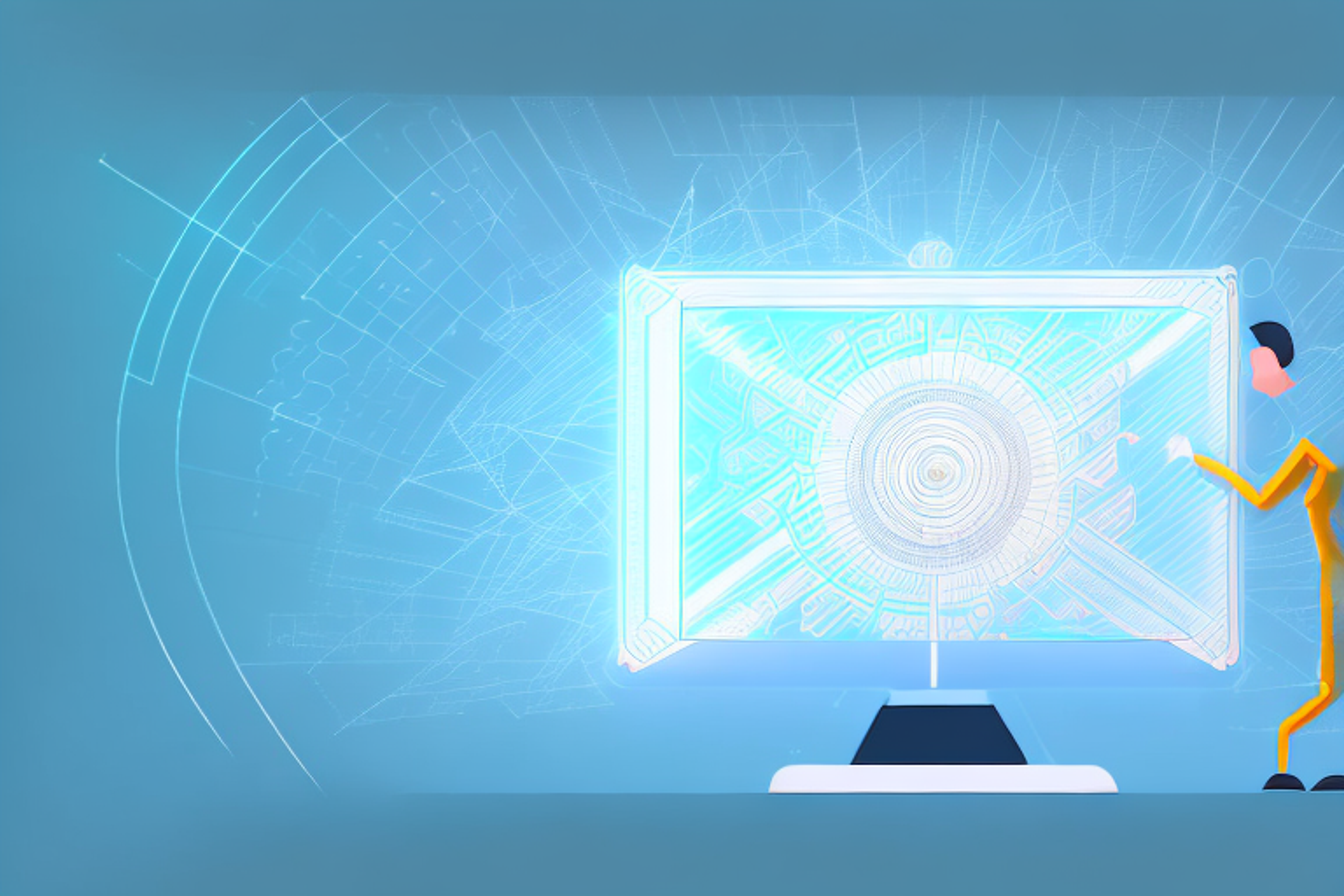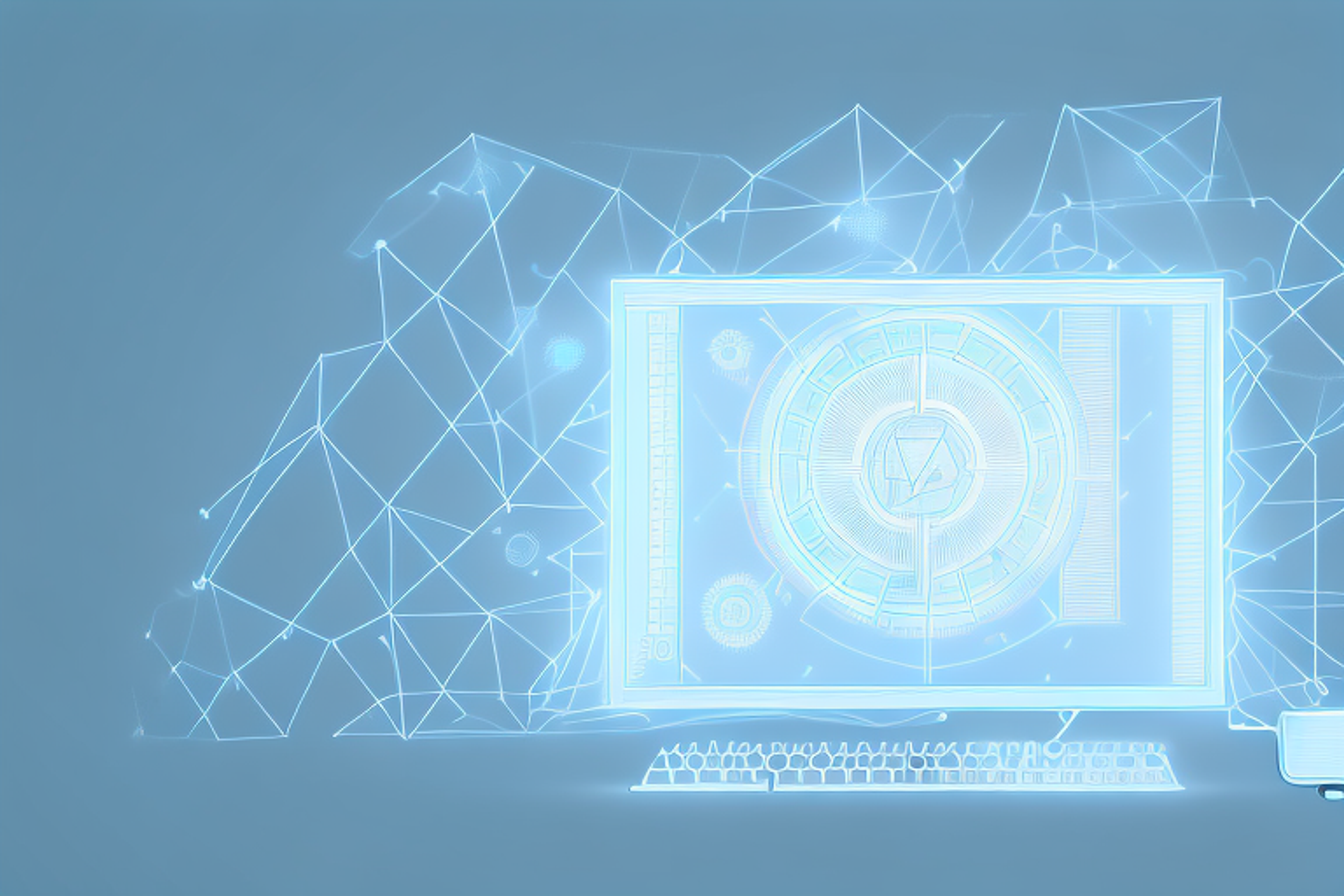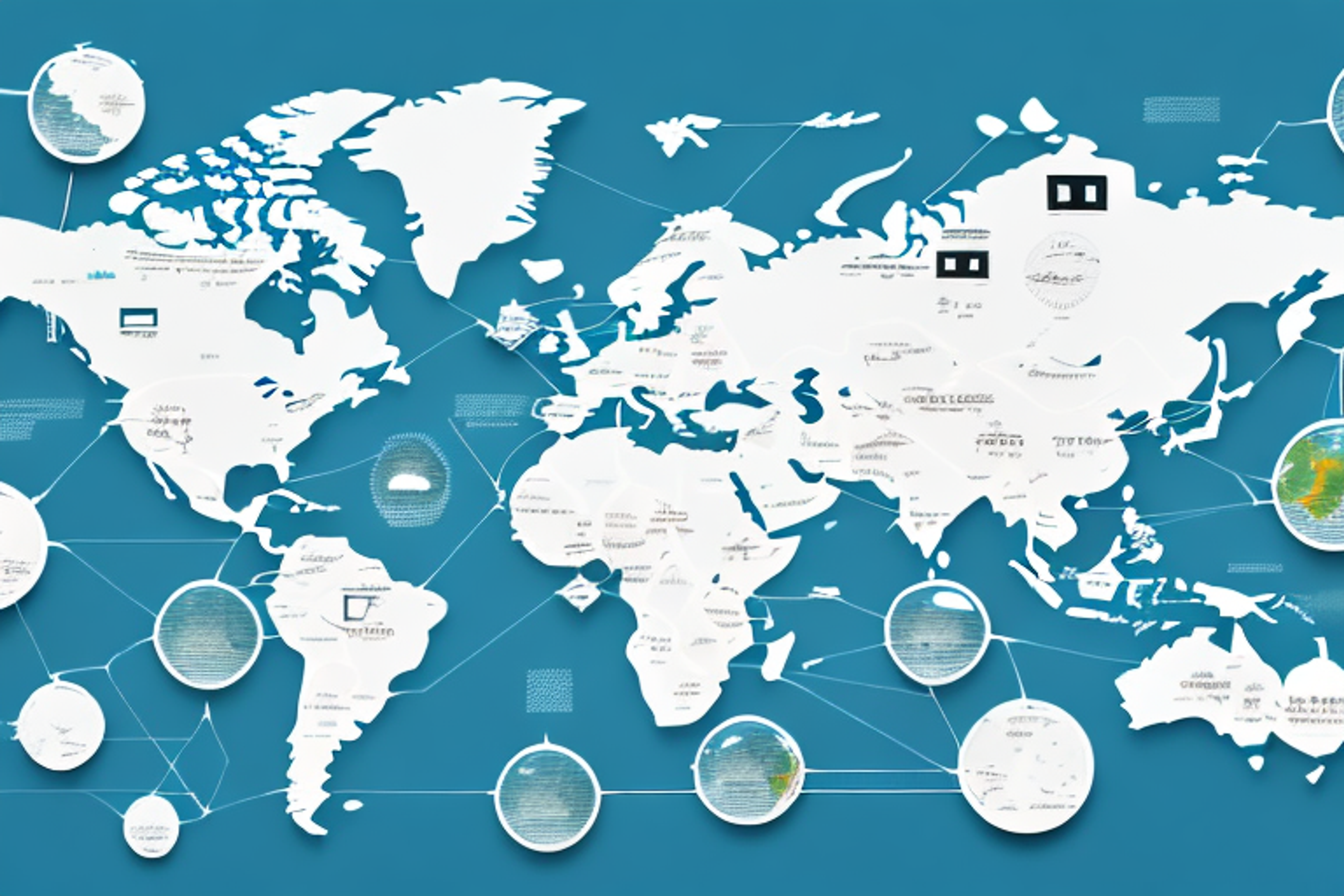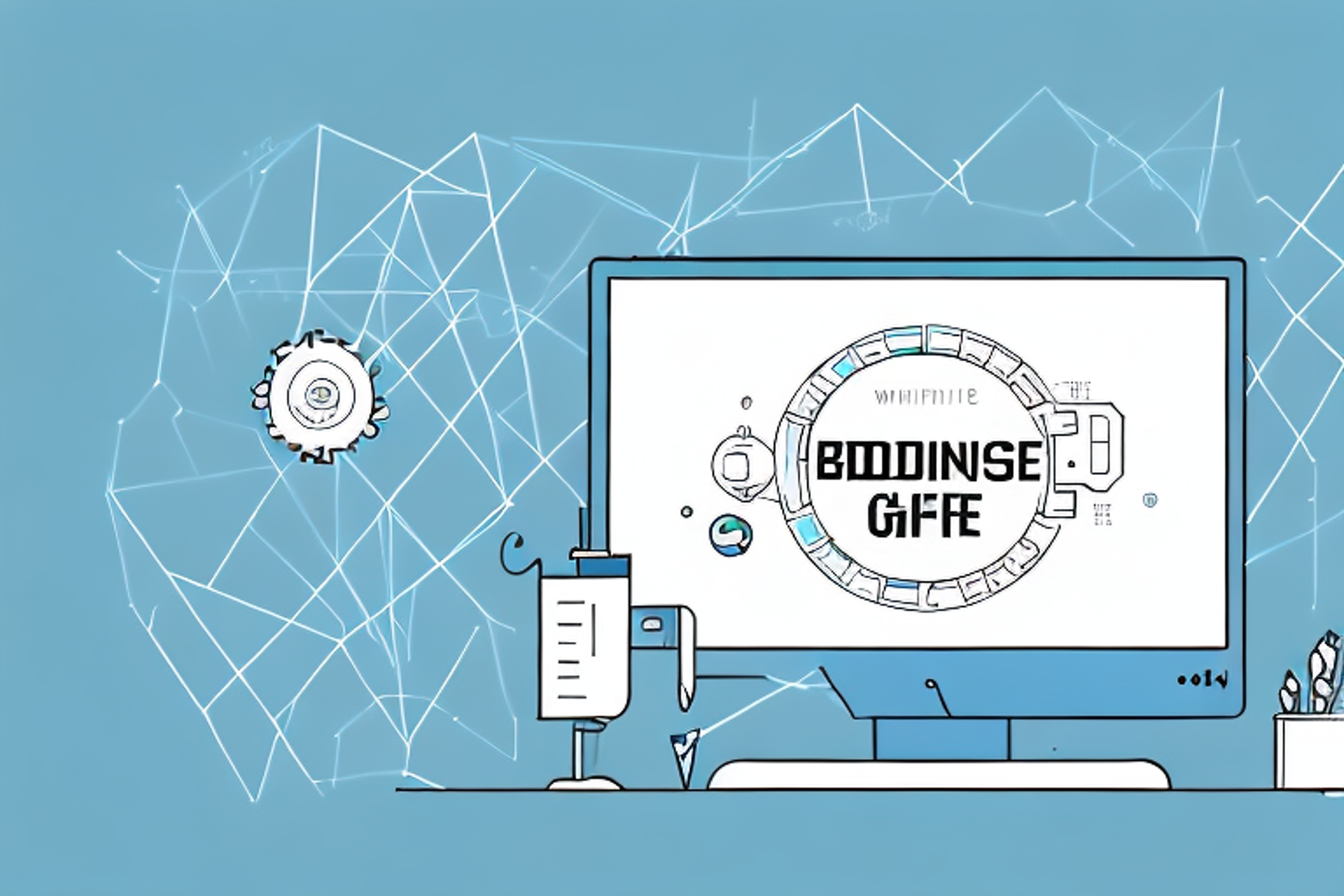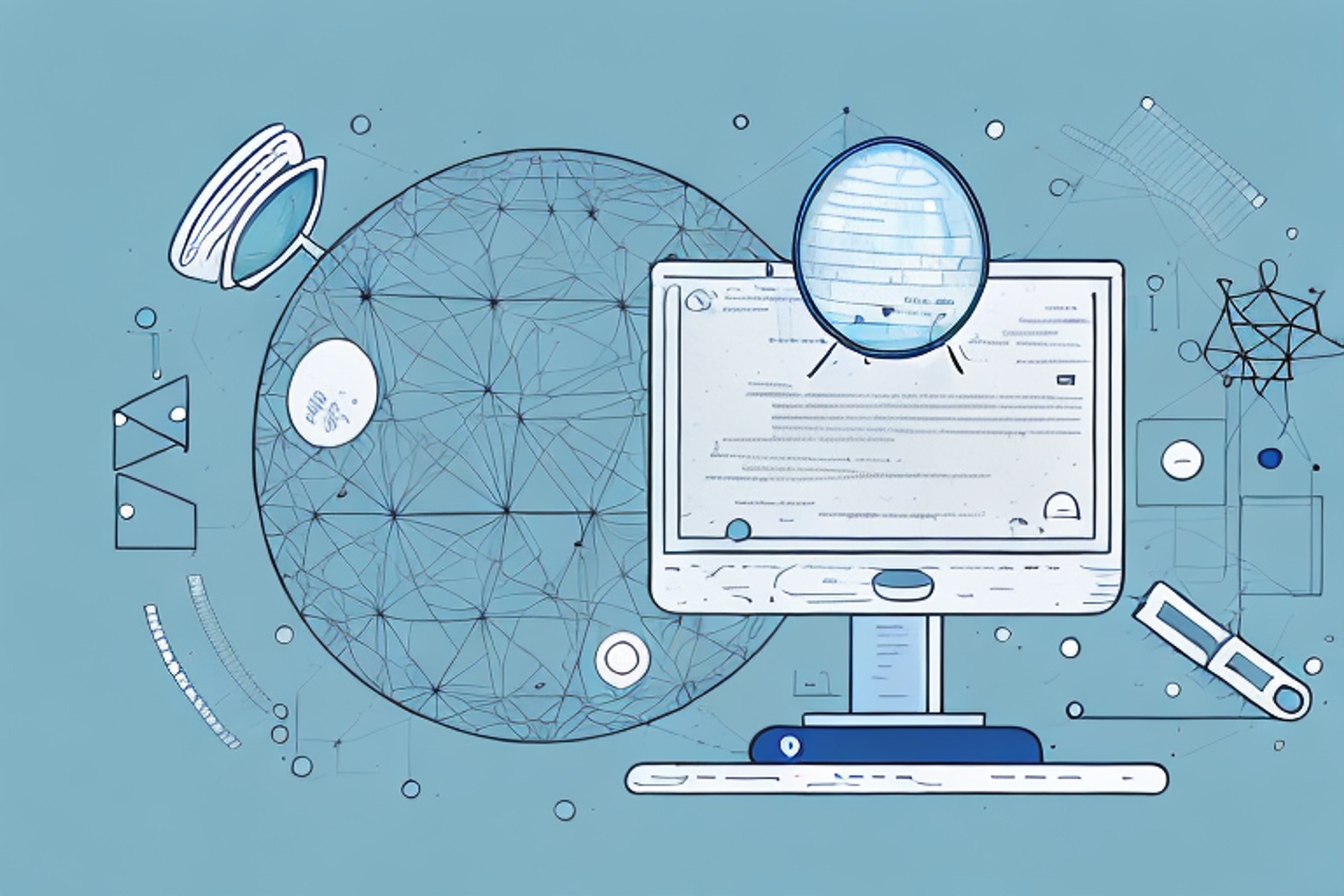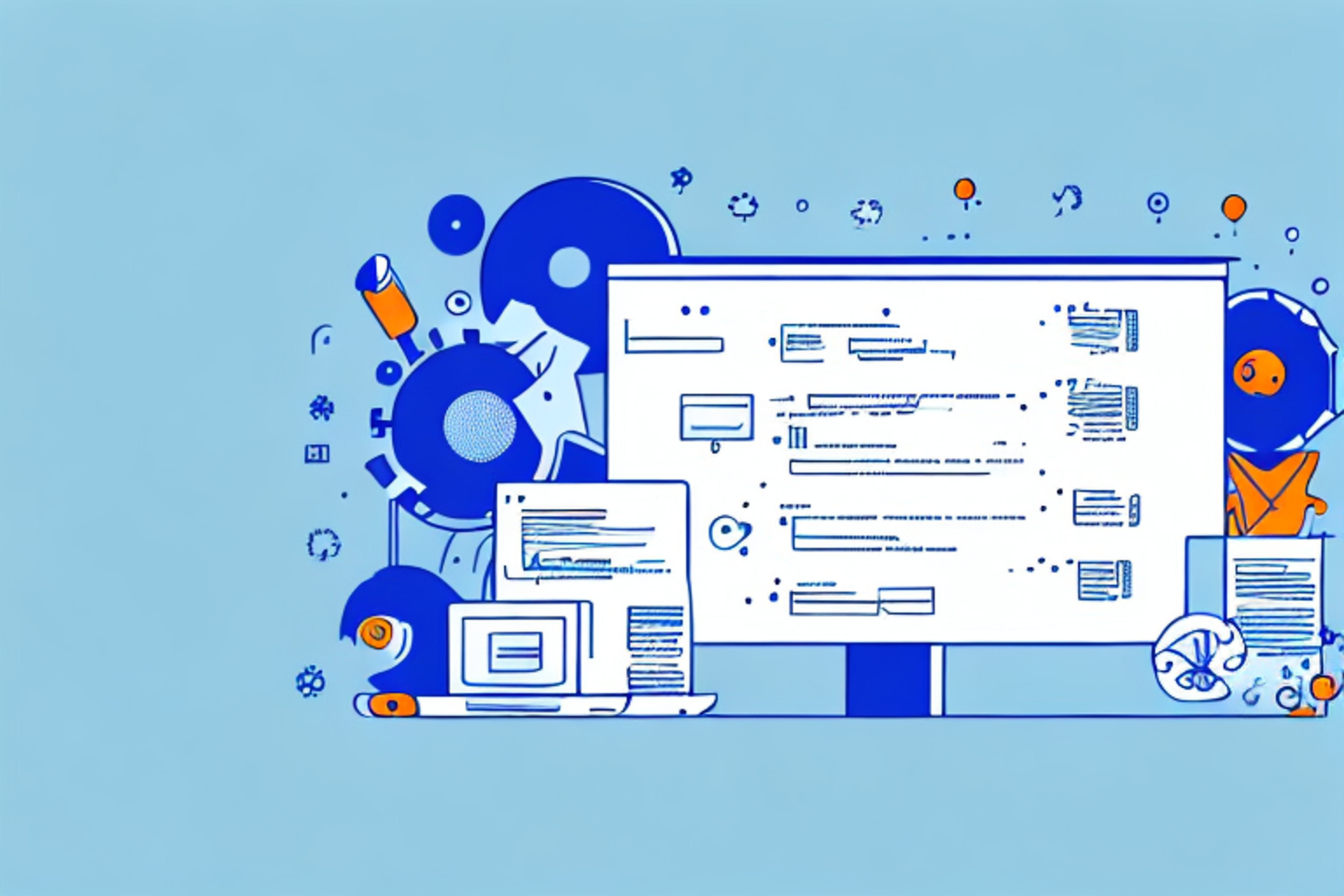Beyond the Keyboard: Exploring the Human Side of Software Engineering
Discover the fascinating world of software engineering beyond the keyboard.
Posted March 6, 2025

Table of Contents
Software engineering is often seen as a purely technical field, with the main focus on coding, programming languages and software development processes. While these elements are certainly important, they only tell part of the story. The human element of software engineering is just as crucial, encompassing emotional intelligence, empathy, collaboration, communication, mental health and self-care. In this article, we will explore how these factors influence the work of software engineers and offer strategies to help promote a more human-centered approach to software development.
The Importance of Emotional Intelligence in Software Engineering
Emotional intelligence, or EQ, refers to the ability to understand and manage your own emotions, as well as the emotions of others. This is a crucial skill for software engineers, as it allows them to communicate effectively with teammates and clients, as well as manage stress and pressure in the workplace. In order to develop strong emotional intelligence, software engineers should focus on self-awareness, self-regulation, motivation, empathy, and social skills. By prioritizing these factors, software engineers can strengthen their emotional intelligence, which in turn will improve their communication, decision-making, and problem-solving skills.
Moreover, emotional intelligence can also lead to a more positive work environment. When software engineers are able to understand and manage their own emotions, they are less likely to become overwhelmed or frustrated, which can lead to a more productive and collaborative team. Additionally, by being empathetic and understanding towards their colleagues, software engineers can build stronger relationships and foster a sense of camaraderie within the workplace. Overall, emotional intelligence is a valuable skill for software engineers to possess, as it not only improves their individual performance, but also contributes to a more positive and productive work environment.
How Empathy Can Improve Software Engineering Processes
Empathy is the ability to understand and share the feelings of others. In software engineering, empathy means putting yourself in the shoes of the user, the client, and the teammate. This helps to create more user-friendly software, as well as stronger relationships with clients and colleagues. To cultivate empathy, software engineers should practice active listening, ask questions, seek feedback, and put themselves in unfamiliar situations. By doing so, they can gain a deeper understanding of the needs and perspectives of others, which will ultimately lead to better software development outcomes.
One of the key benefits of empathy in software engineering is that it can help to identify and address potential issues before they become major problems. By understanding the needs and perspectives of users and clients, software engineers can anticipate potential pain points and design solutions that address them proactively. This can save time and resources in the long run, as well as improve the overall user experience.
Another way that empathy can improve software engineering processes is by fostering a culture of collaboration and teamwork. When software engineers are able to put themselves in the shoes of their colleagues, they are better able to communicate effectively and work together towards a common goal. This can lead to more efficient development processes, as well as a more positive and supportive work environment.
Understanding the Psychological Effects of Working in Tech
Software engineering can be a highly stressful and demanding job, with long hours and tight deadlines. These pressures can have a significant impact on the mental health and well-being of software engineers. It is important for software engineers to be aware of these potential effects and take steps to mitigate them. Some strategies to promote mental health and well-being in tech include taking breaks, practicing mindfulness, finding a work-life balance, seeking support from colleagues and professionals, and taking care of physical health through exercise and nutrition.
One of the psychological effects of working in tech is burnout. Burnout is a state of emotional, physical, and mental exhaustion caused by prolonged stress. It can lead to feelings of detachment, cynicism, and a reduced sense of accomplishment. Burnout can be prevented by setting realistic goals, prioritizing tasks, and taking time off when needed.
Another psychological effect of working in tech is imposter syndrome. Imposter syndrome is a feeling of inadequacy or self-doubt despite evidence of success. It is common among software engineers who work in a constantly evolving field where there is always more to learn. To overcome imposter syndrome, it is important to recognize and acknowledge your accomplishments, seek feedback from others, and focus on continuous learning and growth.
The Role of Collaboration and Communication in Software Development
Collaboration and communication are essential components of software development. Software engineers must often work in teams, coordinating with designers, project managers, and clients. Effective collaboration and communication require skills such as active listening, clear communication, and conflict resolution. Software engineers can develop these skills by participating in team-building activities, seeking feedback, and practicing clear and concise communication in all aspects of their work.
Moreover, collaboration and communication also play a crucial role in ensuring the success of software development projects. When team members work together effectively, they can identify potential issues early on and address them before they become major problems. This can save time and resources, and ultimately lead to a better end product. Additionally, clear communication with clients can help ensure that their needs and expectations are met, leading to greater satisfaction and potentially more business in the future.
The Impact of Mental Health on Software Engineering Productivity
While mental health is important for all individuals, it is particularly relevant for software engineers. Mental health conditions can impact productivity, creativity, and motivation, and can lead to burnout and disengagement from work. To mitigate the negative effects of poor mental health, software engineers should prioritize self-care, seek support from colleagues and professionals, and take time to recharge and refocus when needed. Software engineering teams can also support mental health by fostering open communication, promoting work-life balance, and establishing a culture of self-care and well-being.
One of the challenges that software engineers face is the pressure to constantly learn and adapt to new technologies and programming languages. This can be overwhelming and lead to feelings of inadequacy and imposter syndrome, which can negatively impact mental health. To address this, software engineering organizations can provide training and resources to help engineers stay up-to-date, while also acknowledging the importance of work-life balance and mental health.
Another factor that can impact mental health in software engineering is the high-stress environment that often comes with tight deadlines and demanding clients. This can lead to a culture of overwork and burnout, which can be detrimental to both the individual and the team. To combat this, software engineering teams can prioritize realistic project timelines, encourage breaks and time off, and provide resources for stress management and mental health support.
Avoiding Burnout: Strategies for Self-Care in Tech
Burnout is a common issue in the tech industry, with high stress, workload and pressure leading to exhaustion, detachment, and reduced productivity. To avoid burnout, software engineers should focus on self-care strategies such as taking breaks, practicing mindfulness, maintaining a work-life balance, and seeking support from colleagues and professionals. In addition, employers can support their software engineers by providing opportunities for growth, recognizing and rewarding achievements, and promoting a healthy work environment that values well-being and self-care.
Diversity and Inclusion in Software Engineering Teams
Diversity and inclusion are important not only for ethical and moral reasons, but also for improving software development outcomes. Diverse teams bring a wider range of perspectives, experiences, and skills, which can lead to more innovative and effective solutions. In order to promote diversity and inclusion, software engineering teams should prioritize policies and practices that encourage diversity, such as inclusive hiring practices, diversity training, and equal opportunities for all team members. By doing so, software engineering teams can foster an environment of collaboration, creativity, and mutual respect.
Building Strong Relationships with Clients as a Software Engineer
Building strong relationships with clients is essential for software engineers. Effective communication, empathy, and the ability to deliver high-quality work are key components of client satisfaction and loyalty. Software engineers can build strong client relationships by maintaining clear and open communication, actively listening to and addressing client needs and concerns, and delivering results that exceed expectations. By prioritizing the client experience, software engineers can foster mutually beneficial long-term collaborations with clients.
The Art of Balancing Technical Skills and Soft Skills in the Workplace
Finally, software engineering requires a balance of technical skills and soft skills. Technical skills are essential for developing high-quality software, while soft skills are crucial for effective communication, collaboration, and leadership. By developing both sets of skills, software engineers can become well-rounded professionals who are able to balance the technical demands of software engineering with the human elements of the job. One way to achieve this balance is by seeking out opportunities for personal and professional development, such as attending workshops, participating in team-building activities, and seeking mentorship from experienced professionals.
In conclusion, software engineering is not only about coding and programming languages. The human side of software engineering is just as important, encompassing elements such as emotional intelligence, empathy, collaboration, communication, mental health, and self-care. By promoting a human-centered approach to software development, software engineers can improve their work experience, build stronger relationships with clients and colleagues, and ultimately deliver higher-quality software that meets the needs of all stakeholders.
